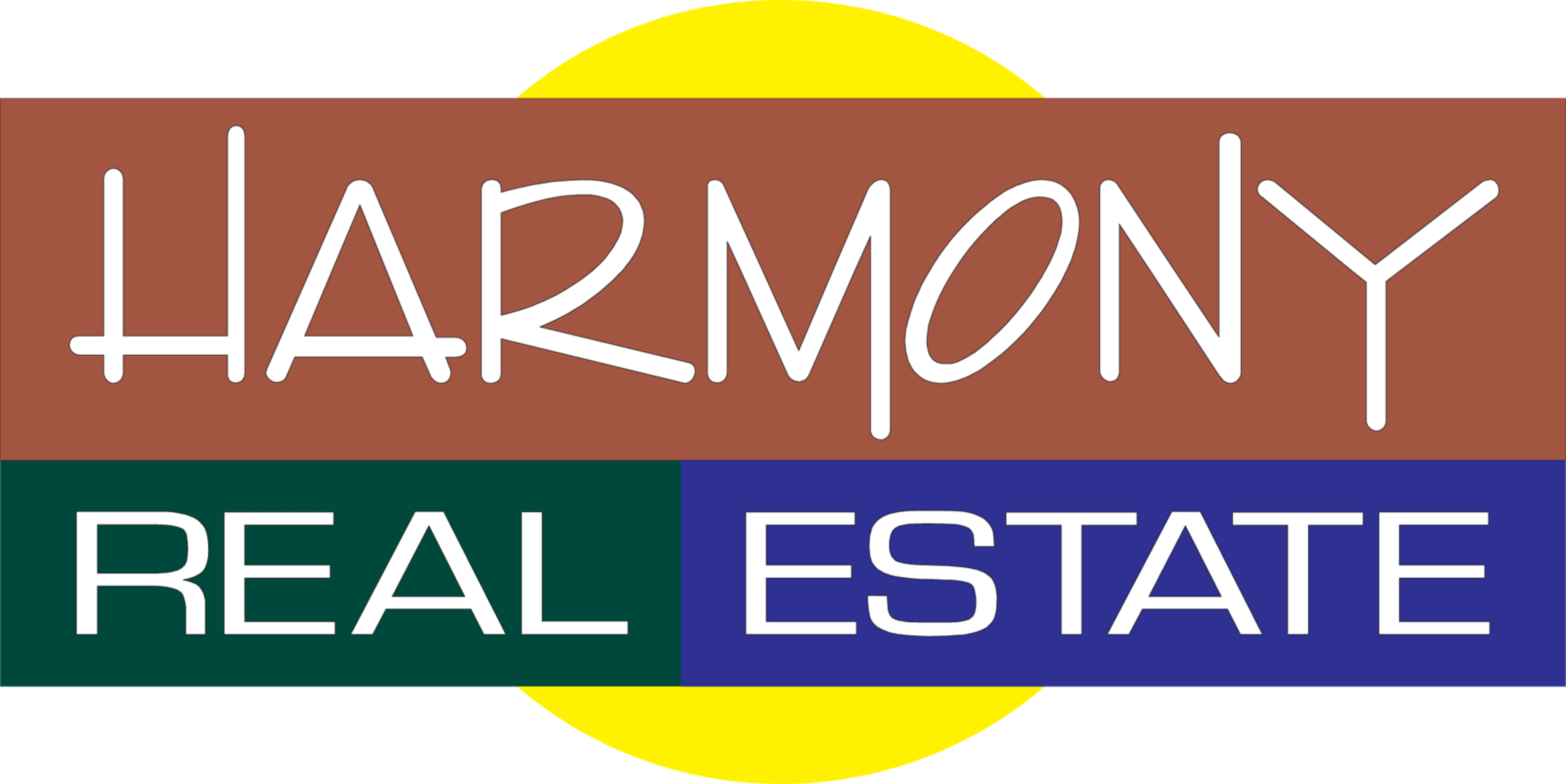Powerful Reasons to Pay Down Credit Card Balances to 30%
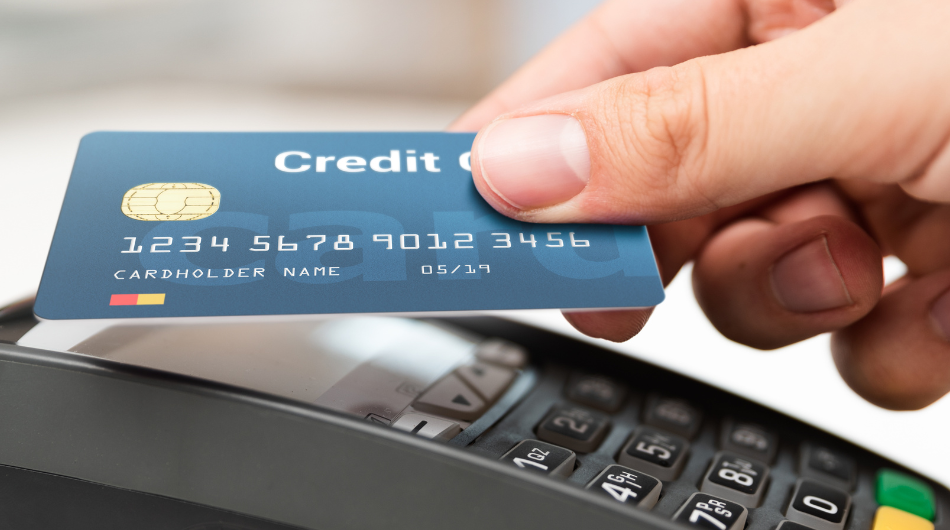
If you're preparing to buy a home or simply want to boost your financial health, one thing you'll often hear is the importance of paying down credit card balances to 30% of their limit. But why does this matter? How does it impact your credit score and your chances of qualifying for a mortgage?
In this article, we’ll explore why keeping your credit card balances low is crucial, how it affects your credit score, and how it can help you achieve better terms when buying a home in New Hampshire. We’ll break down everything in easy-to-understand terms so you can make informed financial decisions.
1. What Does Paying Down to 30% Mean?
First, let’s get clear on what we mean by paying down credit card balances to 30%. Credit cards have a set limit, which is the maximum amount you’re allowed to borrow. The "30% rule" refers to keeping your outstanding balance at or below 30% of that limit. So, if your credit card limit is $1,000, keeping your balance under $300 is the goal.
For example, if your limit is $5,000, your balance should ideally be no higher than $1,500. Sticking to this percentage ensures you're using credit responsibly, which can significantly impact your credit score.
2. How Your Credit Utilization Ratio Affects Your Credit Score
One of the most important factors in determining your credit score is something called credit utilization. This is the ratio between your outstanding credit card balance and your total available credit. Lenders look at this number to gauge how much of your available credit you’re using, and they prefer that you don’t max out your cards.
Here’s why paying down credit card balances to 30% matters so much:
Lower Utilization is Better: If you’re only using 30% or less of your credit limit, it shows that you’re managing your credit well and not relying too heavily on borrowed money.
Higher Utilization Hurts Your Score: Using more than 30% of your credit limit can hurt your credit score, even if you make on-time payments. High utilization signals to lenders that you might be struggling to manage your debt.
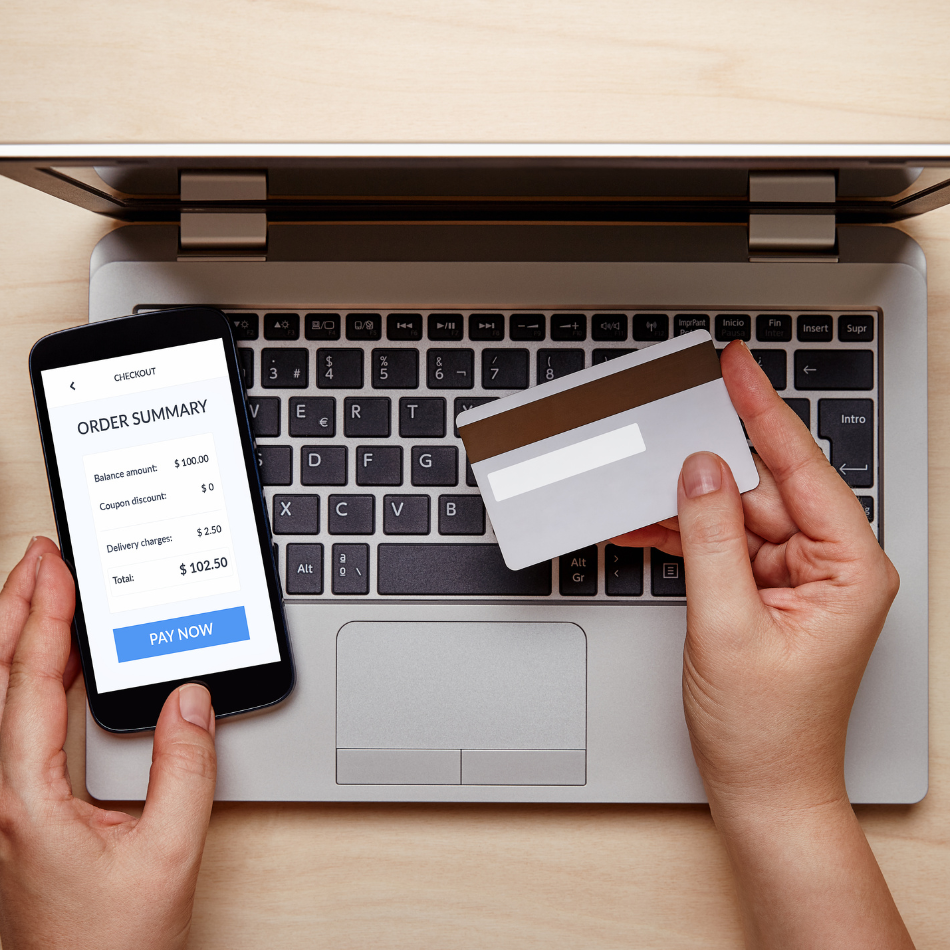
3. The Benefits of Keeping Credit Card Balances Under 30%
Let’s explore some of the key reasons why keeping your credit card balances low—ideally at 30% or less—can be such a game-changer, especially if you’re considering buying a home.
1. It Boosts Your Credit Score
Your credit score is one of the most important numbers in your financial life. It affects your ability to get a mortgage, secure a car loan, and even qualify for certain jobs. By paying down credit card balances to 30%, you can improve your credit score over time.
Why does this happen? Lenders and credit scoring companies like to see that you’re not using too much of your available credit. The lower your credit utilization, the better you look to creditors. If you keep your balances low, you’re likely to see a positive impact on your score within a few billing cycles.
2. It Increases Your Chances of Qualifying for a Mortgage
If you’re shopping for a mortgage in New Hampshire, like for one of those beautiful Litchfield homes for sale, your credit score will play a major role in determining whether you’re approved and what kind of interest rate you receive.
Lenders typically view borrowers with a lower credit utilization ratio as more responsible. By paying down your credit card balances to 30%, you’re signaling that you can handle your debt well, making it easier for you to qualify for a mortgage. And who doesn’t want a better interest rate when buying a home?
3. It Lowers Your Interest Payments
By keeping your credit card balances low, you’re also saving money on interest payments. Credit cards often have high interest rates, and the more you owe, the more interest you’re going to pay. Paying down credit card balances to 30% means you’re paying less in interest, freeing up money that can be saved for your future home purchase or other financial goals.
4. It Gives You Financial Breathing Room
Managing credit card debt can be stressful, especially when balances creep up. By maintaining your balances below 30%, you’re giving yourself more financial flexibility. You’ll have room to manage emergencies or unexpected expenses without maxing out your cards, keeping your overall financial picture much healthier.
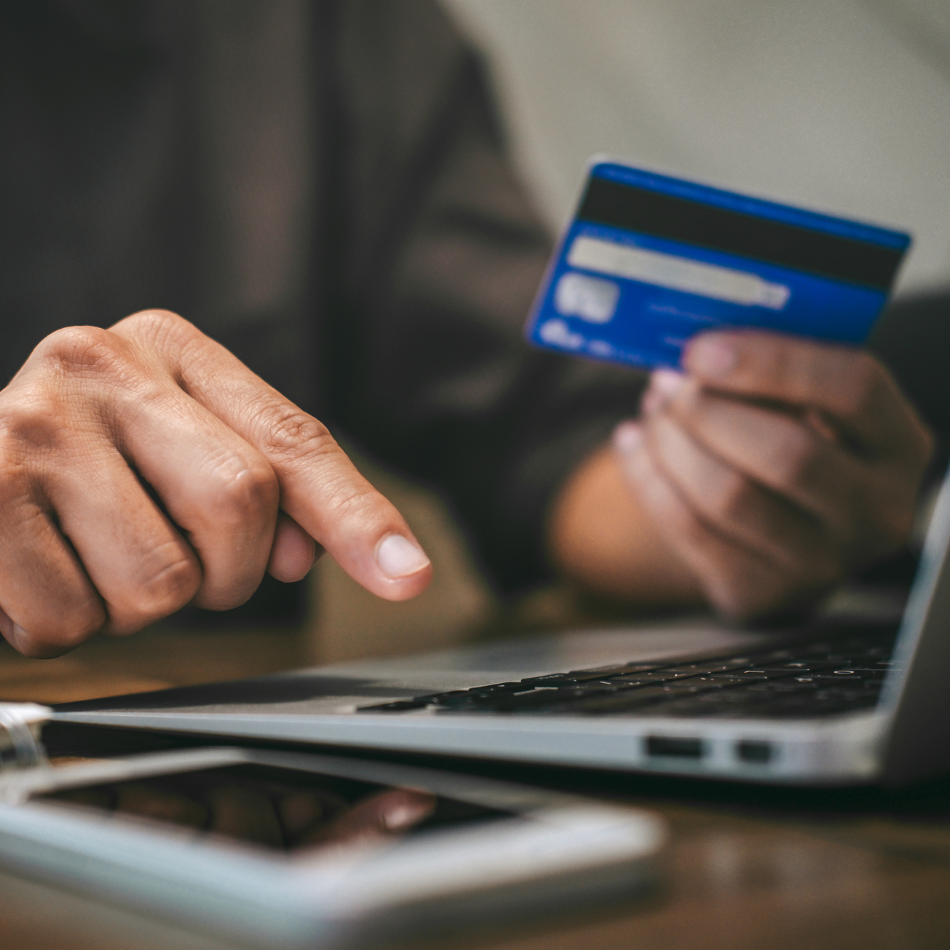
4. How to Pay Down Credit Card Balances to 30%
Now that we know why it’s important to keep your balances low, let’s talk about how to actually do it. If you’ve got high balances right now, it might feel overwhelming, but the good news is, you can make a plan to pay them down over time.
1. Make a Budget
The first step is creating a budget to see where your money is going each month. Track your spending, and make sure you’re prioritizing paying down credit card debt over non-essential expenses.
2. Focus on One Card at a Time
If you have multiple credit cards with balances, it’s a good idea to tackle one card at a time. Focus on the card with the highest interest rate first, while continuing to make minimum payments on your other cards. This is known as the “avalanche method.”
3. Make Extra Payments
Whenever possible, make more than the minimum payment. The more you pay, the faster you can bring your balance down. Even a small additional payment each month can make a big difference in reducing your credit utilization.
4. Set Up Payment Reminders
Missing payments can hurt your credit score, so make sure you stay on top of due dates. Set up automatic payments or use reminders to avoid late fees and ensure your balance goes down.
5. Consider a Balance Transfer
If your credit card has a high interest rate, consider transferring the balance to a card with a lower rate or even a 0% introductory APR. This can help you pay down your balance faster without accruing as much interest.
5. How Paying Down Credit Card Balances Helps with Buying a Home
If you’re looking to buy a home in New Hampshire, especially in areas like Litchfield, improving your credit score by paying down your credit card balances can have significant benefits.
1. It Helps You Get Pre-Approved for a Mortgage
One of the first steps to buying a home is getting pre-approved for a mortgage. Mortgage lenders will look closely at your credit score, and if you’ve been paying down your credit card balances to 30%, you’ll likely have a stronger score. A higher score can make the difference between getting approved and being denied for a loan.
2. It Lowers Your Mortgage Interest Rate
A better credit score not only increases your chances of getting approved for a mortgage but can also result in a lower interest rate. Even a small reduction in your interest rate can save you thousands of dollars over the life of your loan.
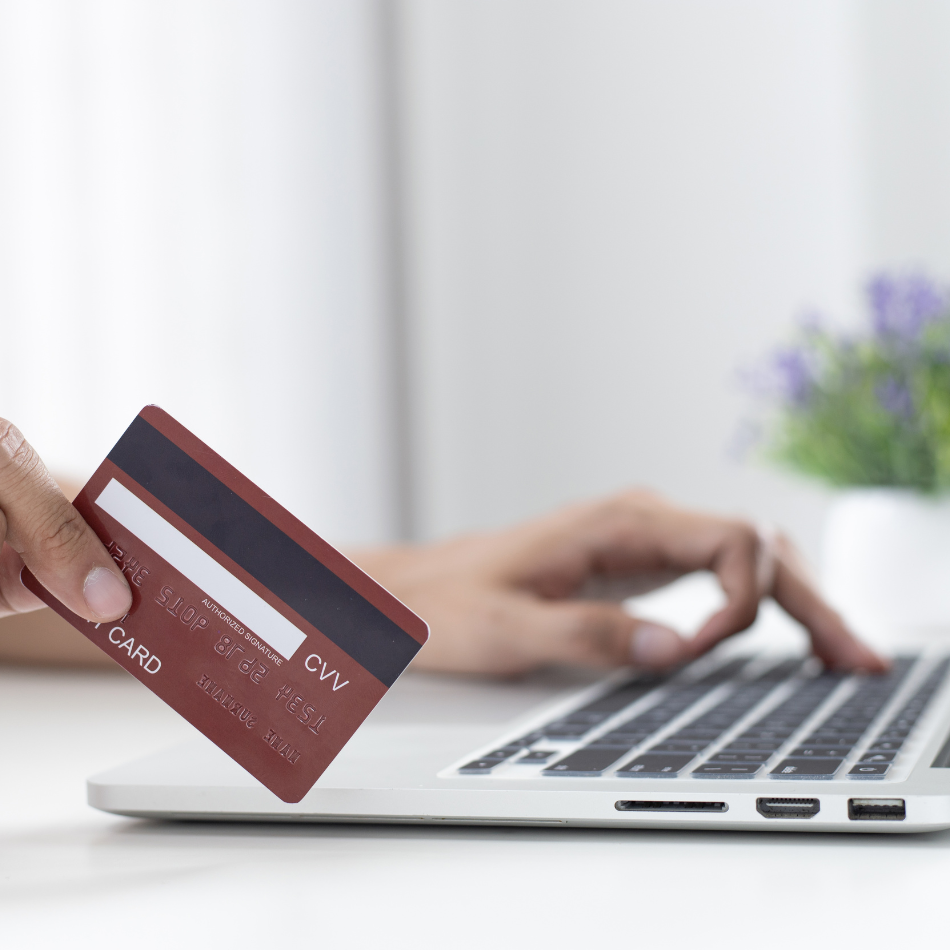
3. Make Extra Payments
Whenever possible, make more than the minimum payment. The more you pay, the faster you can bring your balance down. Even a small additional payment each month can make a big difference in reducing your credit utilization.
4. Set Up Payment Reminders
Missing payments can hurt your credit score, so make sure you stay on top of due dates. Set up automatic payments or use reminders to avoid late fees and ensure your balance goes down.
5. Consider a Balance Transfer
If your credit card has a high interest rate, consider transferring the balance to a card with a lower rate or even a 0% introductory APR. This can help you pay down your balance faster without accruing as much interest.
5. How Paying Down Credit Card Balances Helps with Buying a Home
If you’re looking to buy a home in New Hampshire, especially in areas like Litchfield, improving your credit score by paying down your credit card balances can have significant benefits.
1. It Helps You Get Pre-Approved for a Mortgage
One of the first steps to buying a home is getting pre-approved for a mortgage. Mortgage lenders will look closely at your credit score, and if you’ve been paying down your credit card balances to 30%, you’ll likely have a stronger score. A higher score can make the difference between getting approved and being denied for a loan.
2. It Lowers Your Mortgage Interest Rate
A better credit score not only increases your chances of getting approved for a mortgage but can also result in a lower interest rate. Even a small reduction in your interest rate can save you thousands of dollars over the life of your loan.
3. It Reduces Your Debt-to-Income Ratio
Lenders look at your debt-to-income (DTI) ratio when determining how much house you can afford. By paying down your credit card balances, you’re lowering your overall debt, which can improve your DTI ratio and make you more attractive to lenders.
6. How to Stay Below 30% Credit Utilization in the Future
Once you’ve worked hard to pay down your credit card balances, it’s important to keep them low. Here are a few tips to help you stay on track:
1. Keep Track of Your Balances
Regularly check your credit card balances and keep an eye on your credit utilization ratio. This can help you avoid creeping back up above 30%.
2. Use Credit Responsibly
Be mindful of how much you charge to your credit cards. If you’re getting close to the 30% mark, consider using a debit card or cash for future purchases until you can pay down your balance.
3. Request a Credit Limit Increase
If you have a good payment history, you might be able to request a credit limit increase from your credit card issuer. A higher limit can help lower your credit utilization ratio without needing to pay down as much of your balance.
4. Pay Off Balances in Full
Whenever possible, aim to pay off your credit card balances in full each month. This ensures you’re not carrying debt from one month to the next, and you’ll avoid interest charges altogether.
Paying Down Credit Card Balances
Understanding the importance of paying down your credit card balances to 30% is a crucial step toward improving your credit score and financial health. Whether you’re preparing to buy a home in Litchfield or simply want to boost your credit score, keeping your balances low can open up better financial opportunities and save you money in the long run.
By following the tips outlined in this blog, you’ll be well on your way to managing your credit wisely and securing the best possible mortgage terms when you’re ready to make that big home purchase.
If you need more tips on paying down your credit card balances or are ready to start your dream home search give us a call at (603) 883-8840. You can also reach out to Our Agents for more information. We’d love to help you with your real estate needs.
